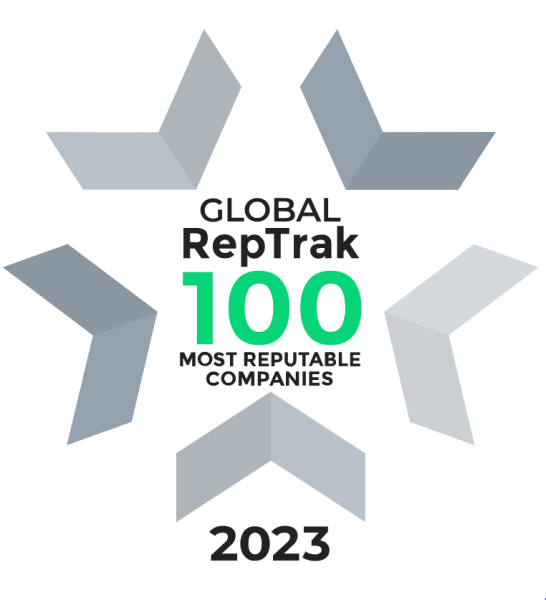Sustainability Reporting Frameworks

The GRI standards are developed by the Global Sustainability Standards Board (GSSB) through a global multi-stakeholder process.
They include a comprehensive set of standards and guidance for reporting on a variety of ESG topics such as climate change, human rights, governance, and more. The standards identify important disclosures across these topics.

SASB Standards are designed to identify and standardize disclosure for the sustainability issues most relevant to investor decision-making in each of the 77 industries.
Since 2022, the International Sustainability Standards Board (ISSB) of the IFRS Foundation assumed responsibility for the SASB Standards.
.

IFRS ( International Financial Reporting Standards), while ISSB refers to the International Sustainability Standards Board. The ISSB is a new standard-setting board established in 2021 under the IFRS Foundation to develop and maintain global sustainability disclosure standards for financial markets.
The ISSB has proposed two standards so far: IFRS S1 General Requirements and IFRS S2 Climate-related Disclosures.
.

In March 2022, the Securities and Exchange Commission (SEC) proposed a new rule requiring some companies to include information about climate change risks in their financial reports. The proposed rules would make companies report their greenhouse gas emissions and how climate change could impact their business. This has faced a lot of opposition, with thousands of critical comments submitted. If adopted, the rules would require companies to disclose their direct and indirect emissions, assess climate risks, and detail how these risks could financially impact them.
.
EU

The Corporate Sustainability Reporting Directive (CSRD) requires around 50,000 large EU companies, including listed companies, banks, insurance companies, and other large private companies, to regularly report sustainability information from 2024 onwards. This covers environmental, social, and governance (ESG) issues like emissions, social impacts, human rights, and corruption.
The European Sustainability Reporting Standards (ESRS) provide detailed standards for companies on what sustainability topics to report on to comply with the CSRD. They cover environmental, social, and governance disclosures and metrics that companies must include in their reporting under the directive. Together the CSRD and ESRS aim to standardize and enhance sustainability reporting across the European Union.
.







